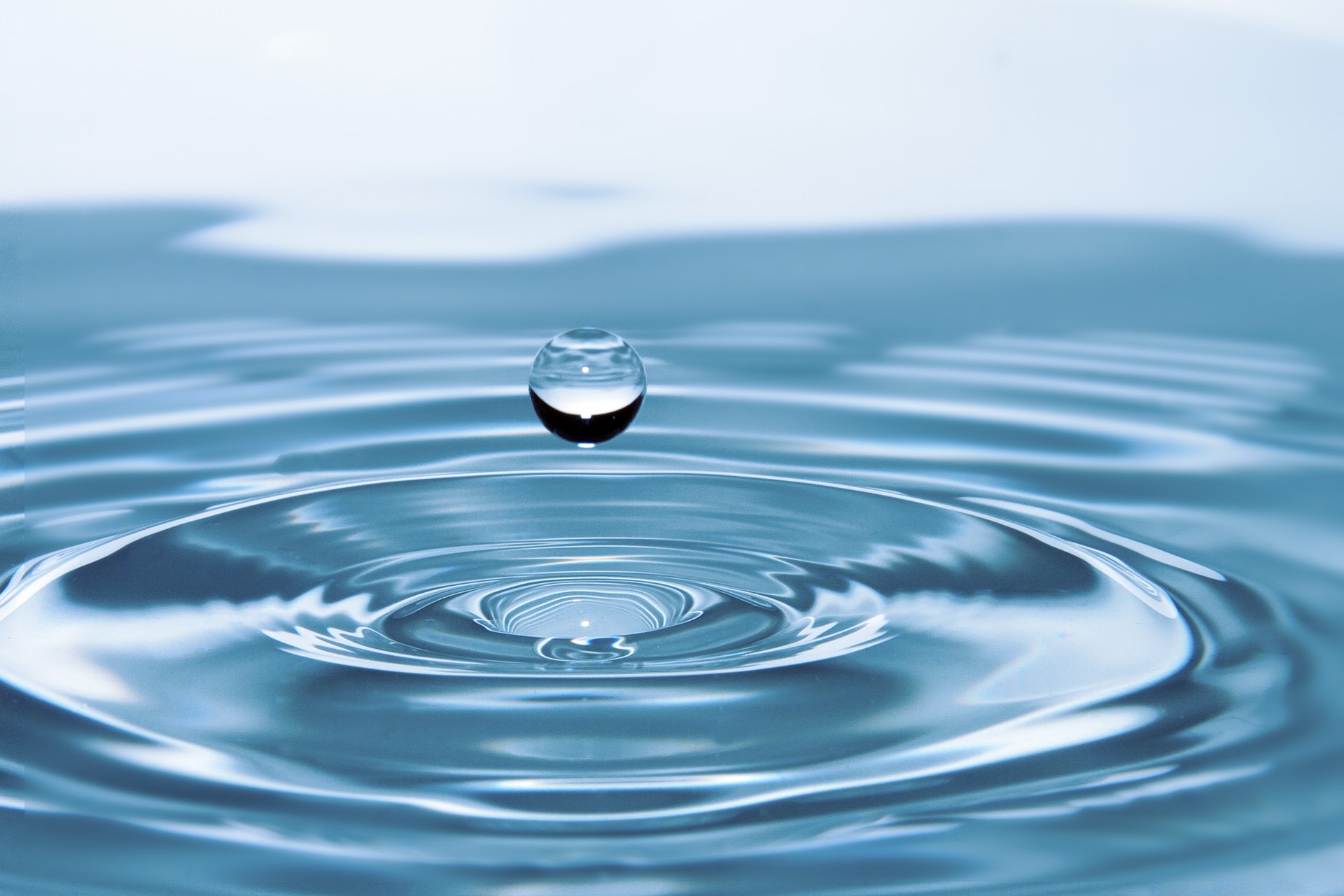
Body + Mind is reader-supported. We may earn an affiliate commission when you buy through some of the links on our site.
You’ve heard the caveat a million times: please stay hydrated. You know it’s crucial to drink enough water.
However, how much do you really need? Do other beverages count, or only what spills from your tap? Learn more about the benefits and importance of drinking water, and get six hydration tips to keep your thirst slaked.
You have probably heard the advice, “by the time you feel thirsty, you’re already dehydrated.” Is this folk wisdom true?
Yes, according to Dr. Irvin Sulapas, primary care sports medicine physician and assistant professor of family and community medicine at Baylor College of Medicine. You should drink plenty of water before beginning any strenuous or outdoor activity. Your body’s natural signal lags behind your body’s needs.
In older adults, dehydration can occur without thirst. Please educate yourself on the following signs of moderate dehydration so that you can take action and assist others when necessary:
As dehydration worsens, your heart rate accelerates to try to move your decreased blood supply through your body. You stop sweating, and you may experience fever, delirium, unconsciousness and eventually death.
Dehydration doesn’t only occur when you can’t get to a water source. Diarrhea also depletes stores faster than the body can replace them. Diarrheal disease is the second-leading cause of death among children under five, carrying off 525,000 worldwide each year.
The conventional wisdom says you should drink eight 8-ounce glasses of water daily to stay hydrated. Is that enough? The answer depends on factors such as your body weight, your physical activity level and environment.
You can get closer to the correct amount by deducting 10 milliliters of fluid for your first 10 pounds of body weight, an additional 50 milliliters for the next, and 10 milliliters for each pound over that. This figure represents the minimum. You might need much more if you lose water through sweating from exercise or fever, excessive urination, diarrhea or vomiting.
If you experience sweating and temperature changes, you may need to evaluate if those symptoms are part of a larger health issue.
What if you can’t stand the plainness of tap or bottled water, and you resist for that reason? What if you simply forget to hydrate?
Follow these six tips to ensure that your body reaps the benefits and importance of drinking water.
Changing your habits can be a struggle. One trick is to take small steps and make it convenient to engage in your desired practice.
Carry a reusable water bottle with you everywhere you go to remind yourself to sip. You can find models with all kinds of features on the market, so spring for a novelty one if you need a little extra reward for managing your hydration. You can even find models with a built-in Bluetooth speaker so that you can crank the tunes while you refresh.
If forgetfulness causes you to dehydrate, you aren’t alone. When you’re feeling your flow, you don’t interrupt your work groove to sip.
That’s when the miracle of modern technology comes in handy. You can find no shortage of alert apps that remind you when to take a sip, and many are free. You can even use the built-in alarm function on your phone in a pinch.
Do you stay away from flatwater because it upsets your stomach? You’re not alone, especially if you have an inflammatory bowel condition. While some researchers theorize that the artificial sweeteners in sodas might aggravate disorders like Crohn’s disease and ulcerative colitis, some patients report resorting to these beverages to stave off nausea.
Fortunately, you can carbonate water without the artificial sweeteners — or use a natural version like monk fruit or stevia. All you need is a SodaStream or similar device to add bubbles to your brew.
Do you want to add flavor and nutrients to your water with no extra calories? If you answered, “yes, please,” you don’t have to pay extra for an infused bottle at your local store. Keep a pitcher with a few pineapple slices for bromelain (an anti-inflammatory) and orange or lemon for extra vitamin C.
According to the Food and Drug Administration, substances like aspartame and sucralose are safe for consumption. However, you don’t have to turn to chemicals to go sugar-free if you want a hint of sweetness. Both monk fruit and stevia come from plants. Monk fruit is the extract of an Asian tree fruit, and stevia comes from a South American plant. A few drops are all you need.
What about your morning coffee or evening glass of wine? Do they count toward your intake? Sadly, no. Both alcohol and caffeine speed up urination, dehydrating you more quickly.
However, you can replace water with herbal tea. Doing so might have significant health benefits. Herbal versions like chamomile and hibiscus contain no caffeine. They do possess various phytonutrients that could help you feel your best.
You can’t overstate the benefits and importance of drinking water. Follow the six tips above to stay hydrated.
Your email address will only be used to send you our newsletter, and at any time you may unsubscribe. For more information, see our Privacy Policy.